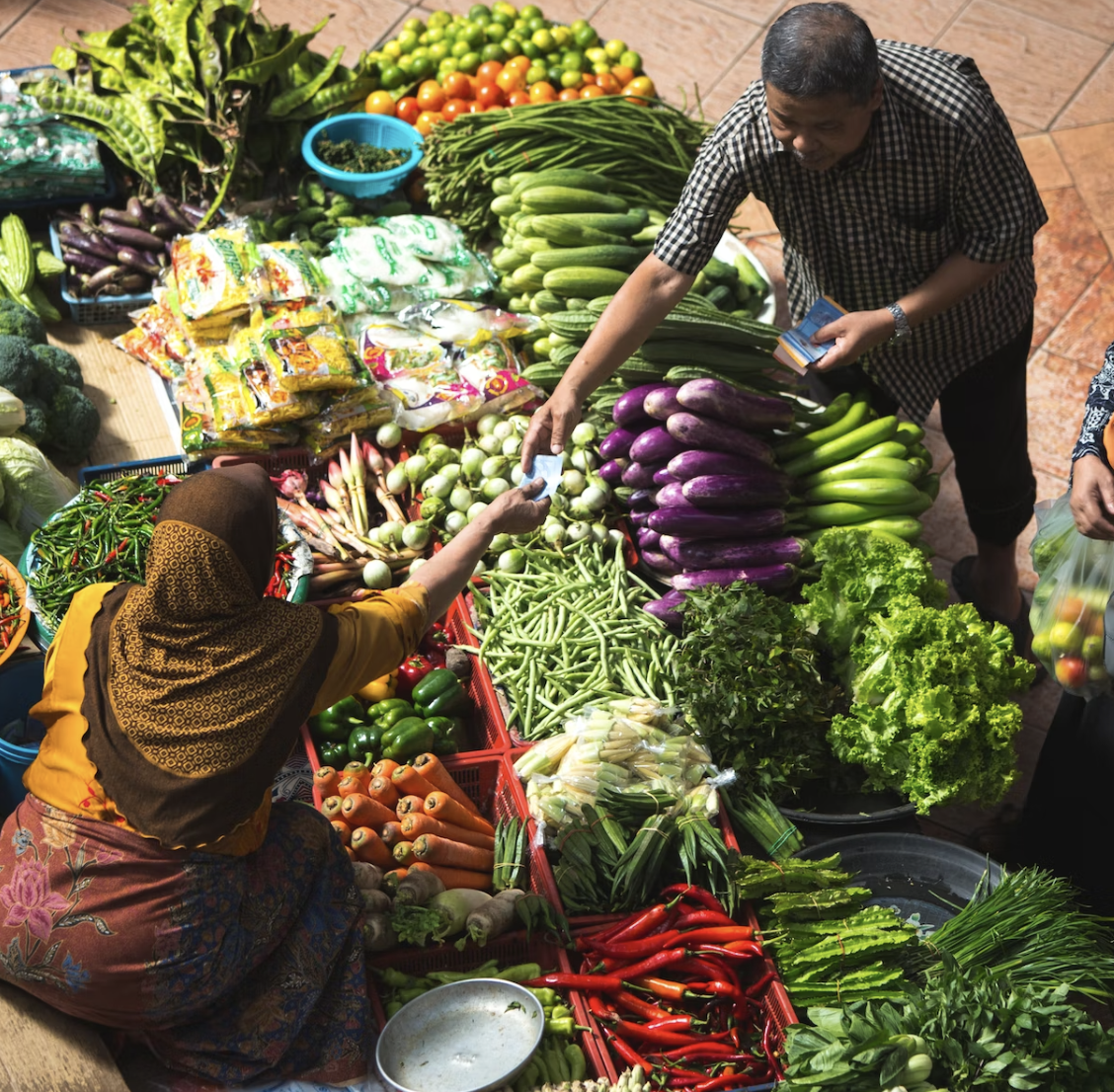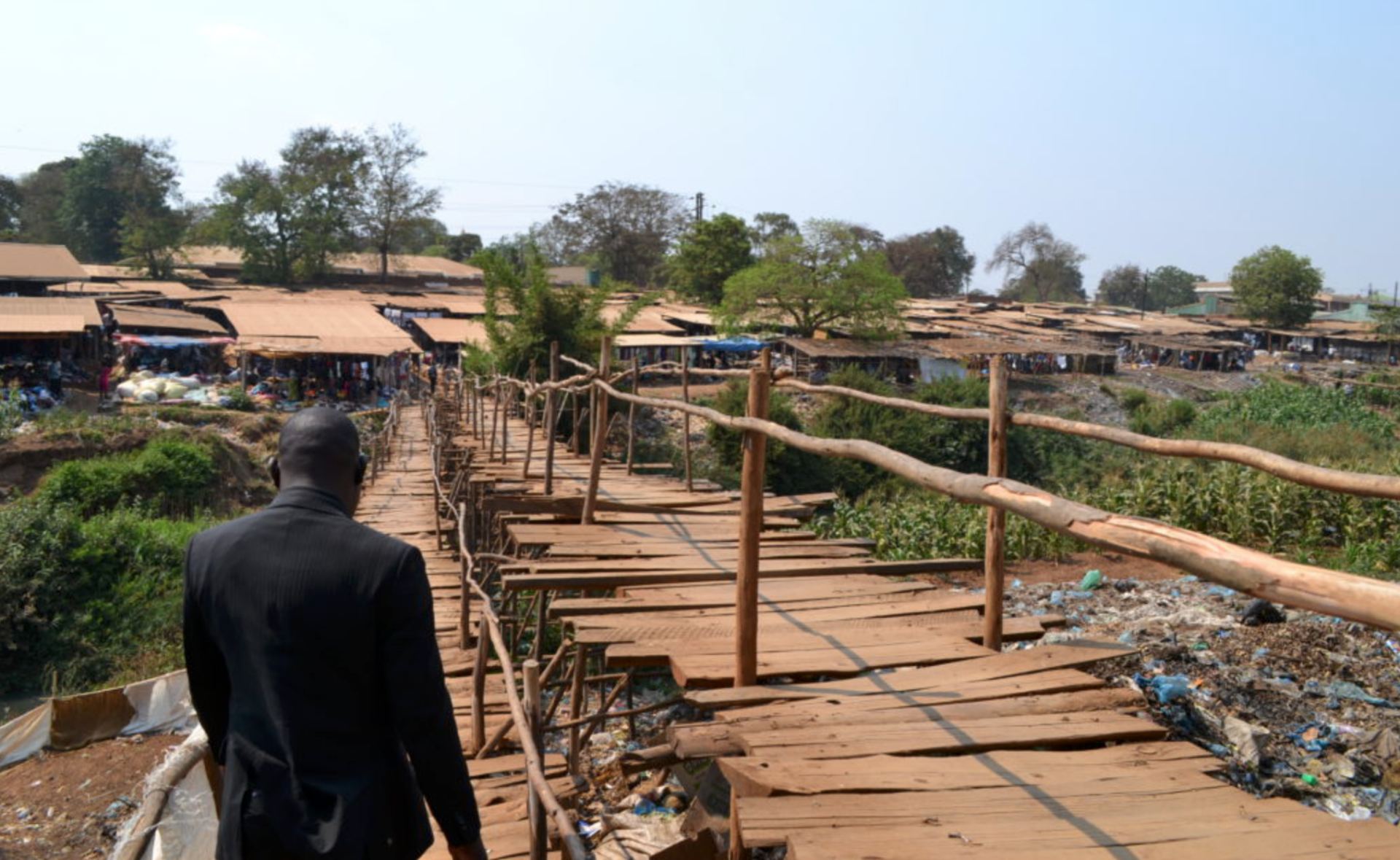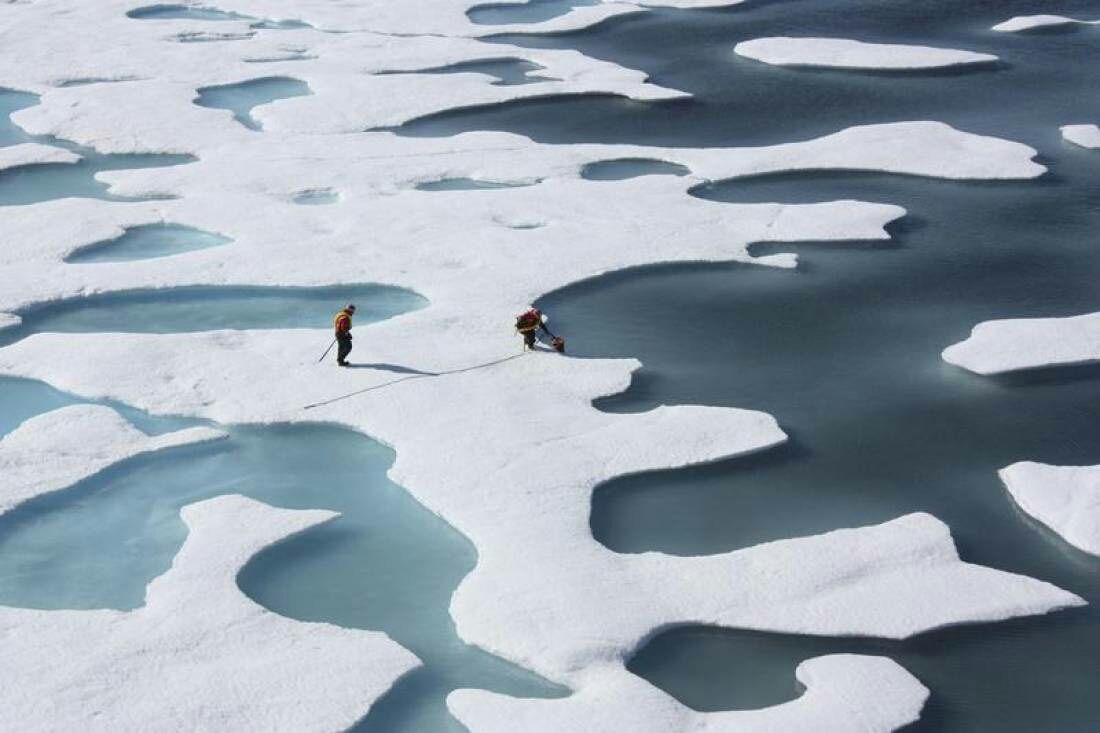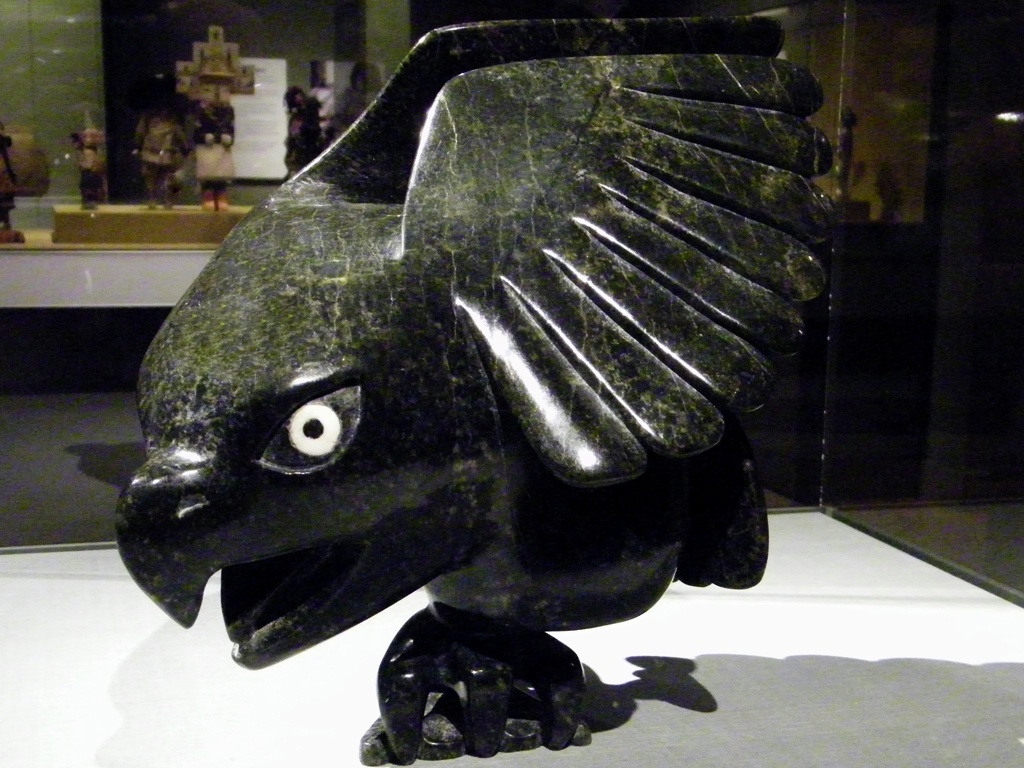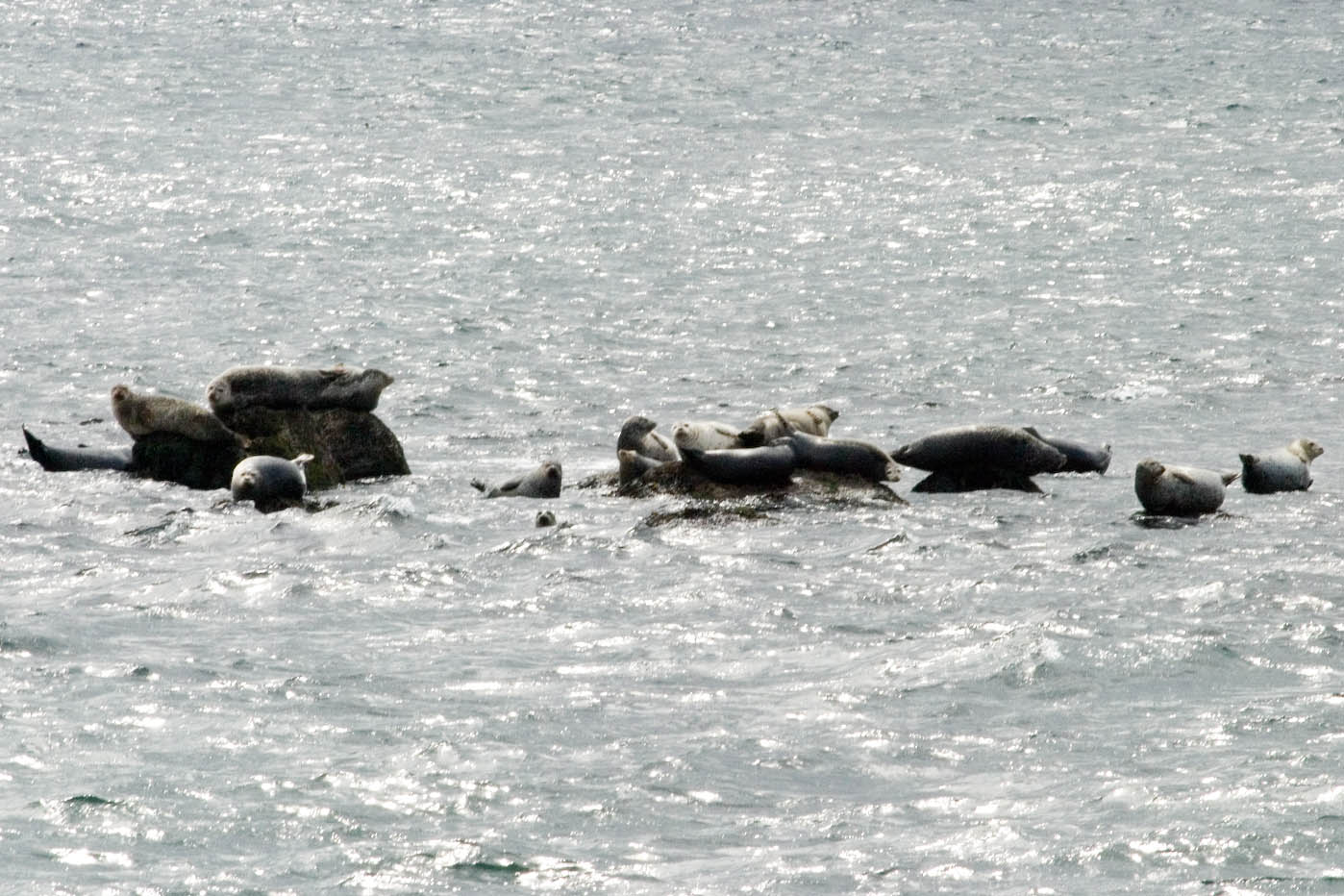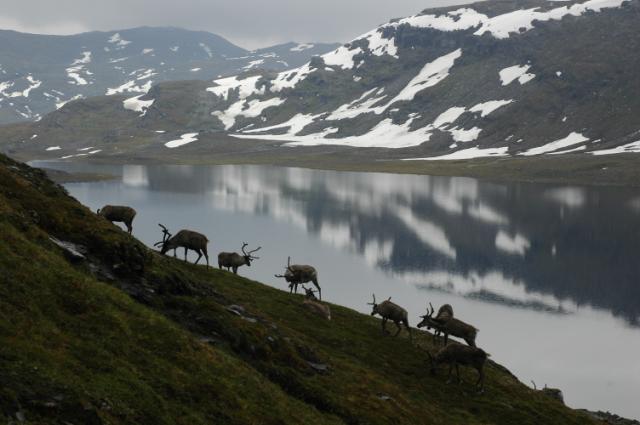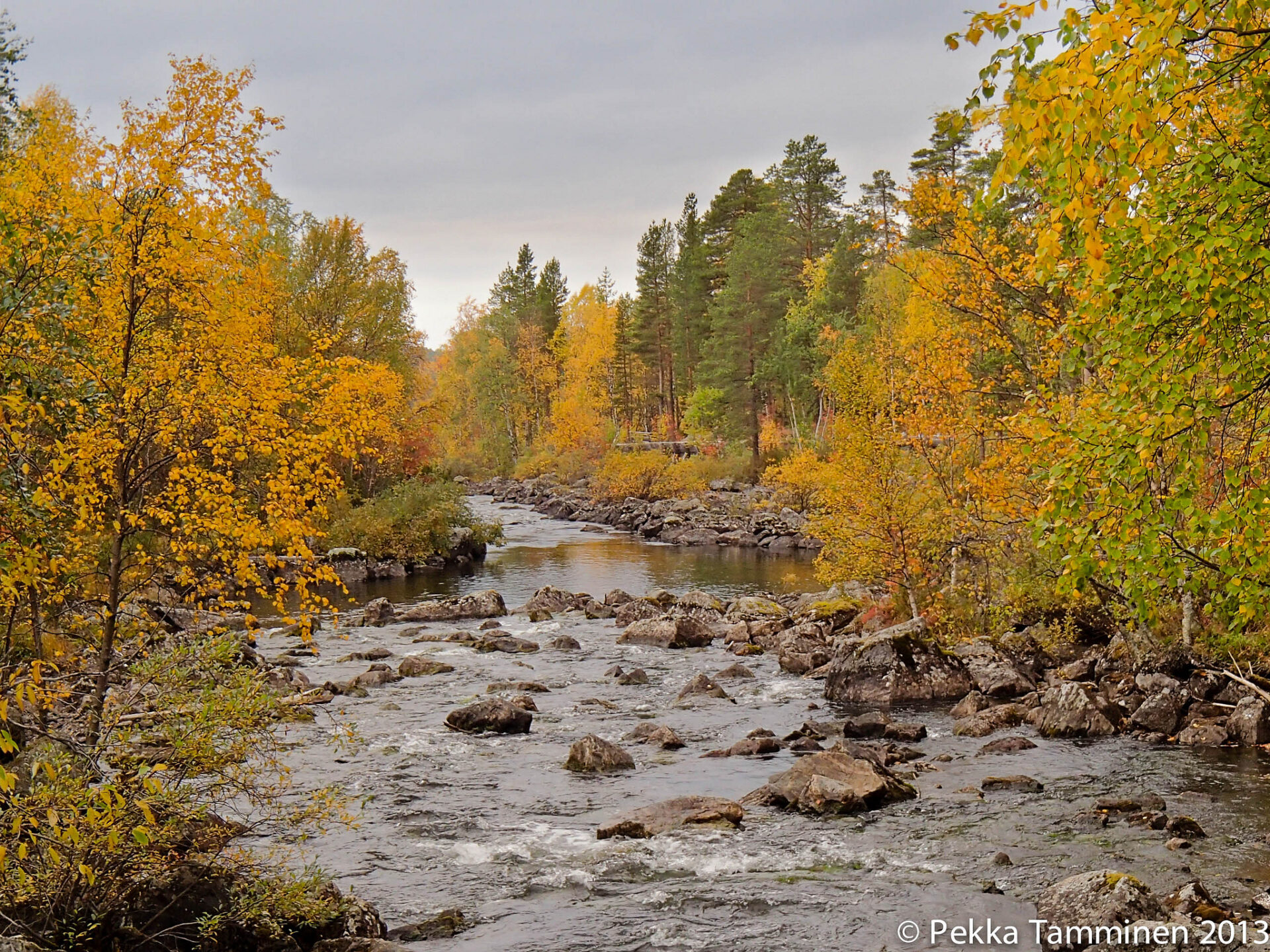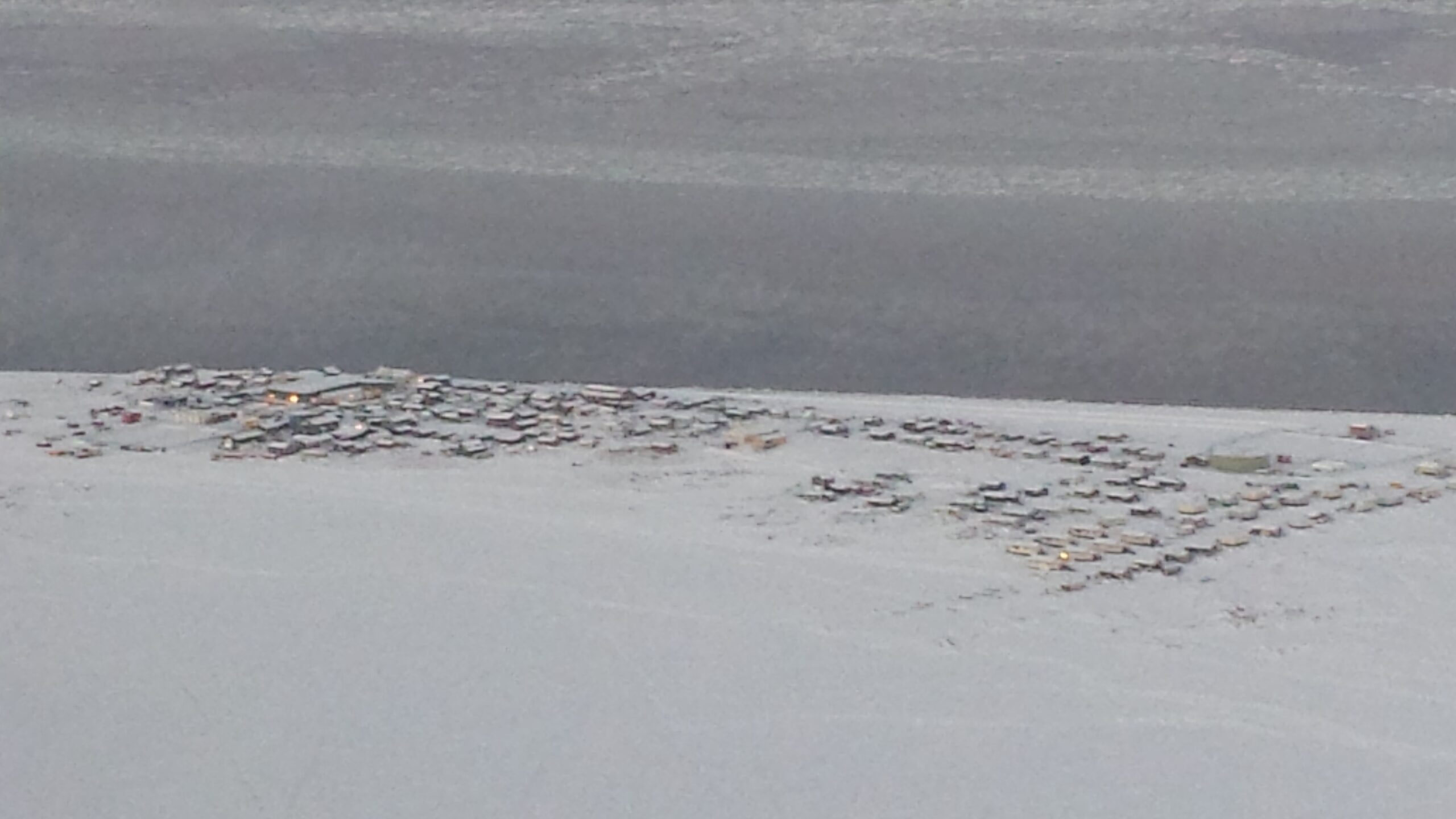Stockholm Resilience Centre
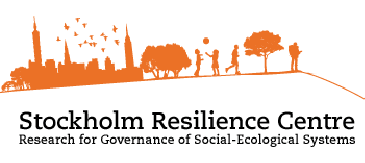
Vision
The vision of the Stockholm Resilience Centre is a world where social-ecological systems are understood, governed and managed, to enhance human well-being and the capacity to deal with complexity and change, for the sustainable co-evolution of human civilizations with the biosphere.
Mission
The mission of the Stockholm Resilience Centre is to advance research for governance and management of social-ecological systems to secure ecosystem services for human wellbeing and resilience for long-term sustainability. We apply and further develop the scientific advancements of this research within practice, policy, and in academic training.
